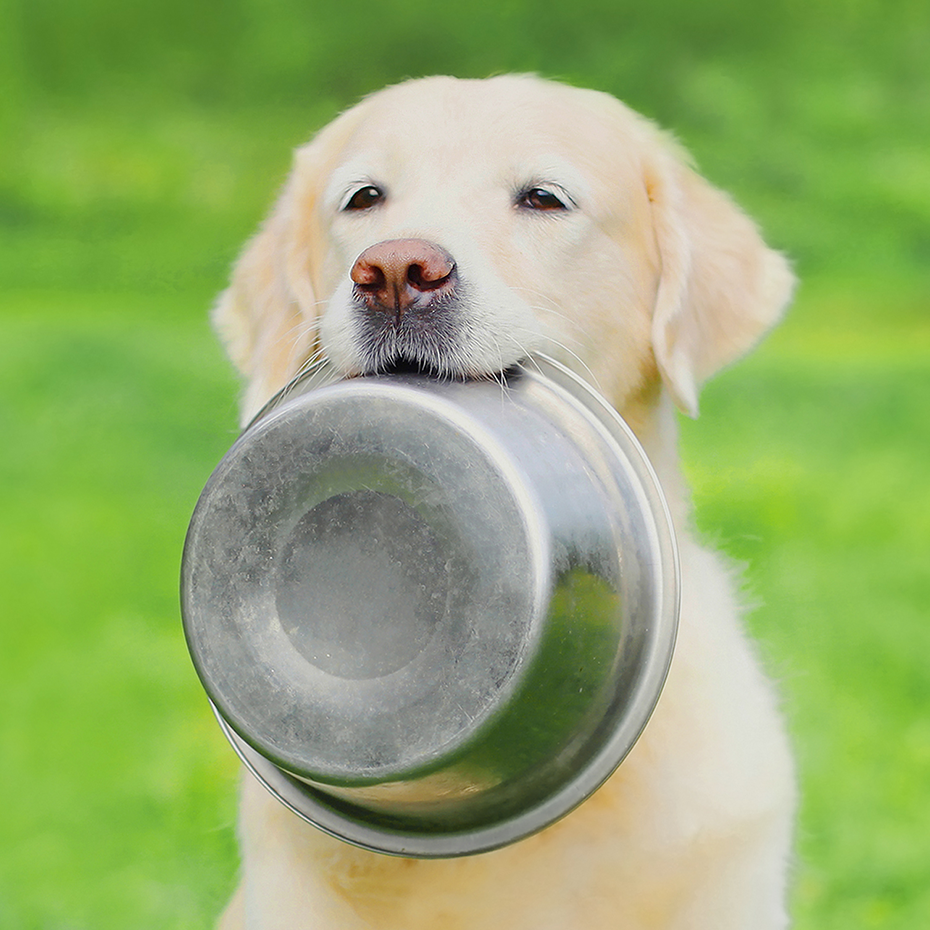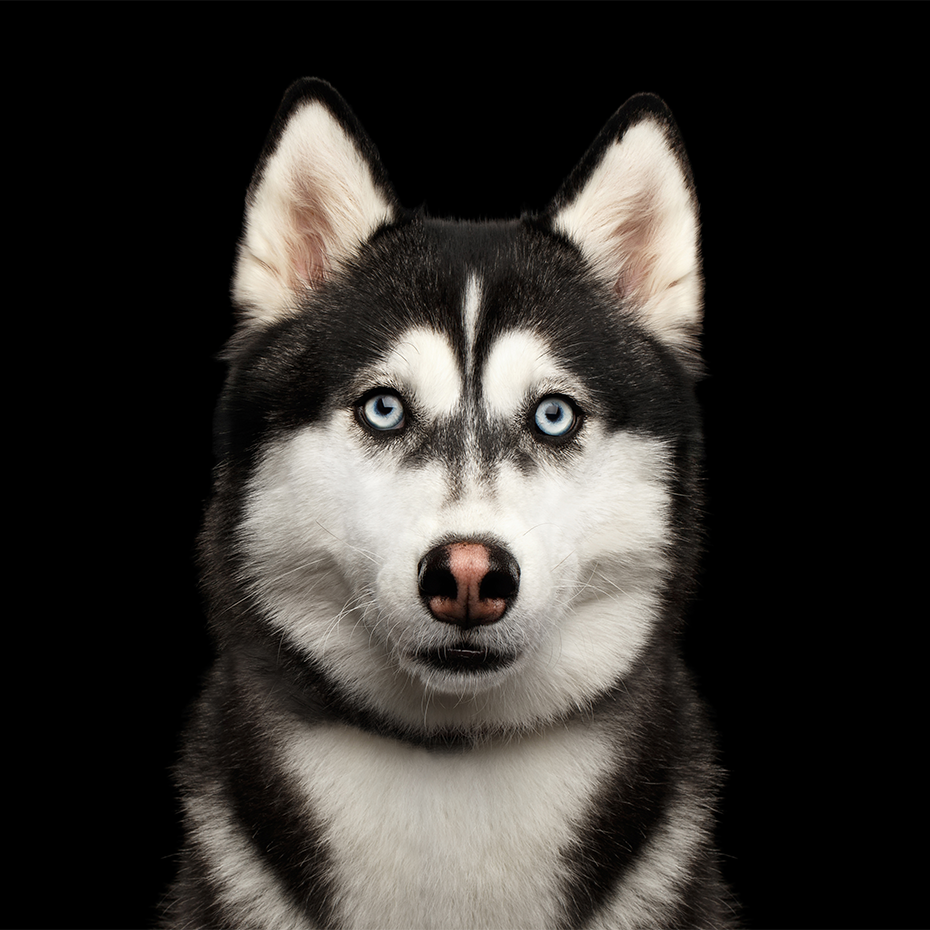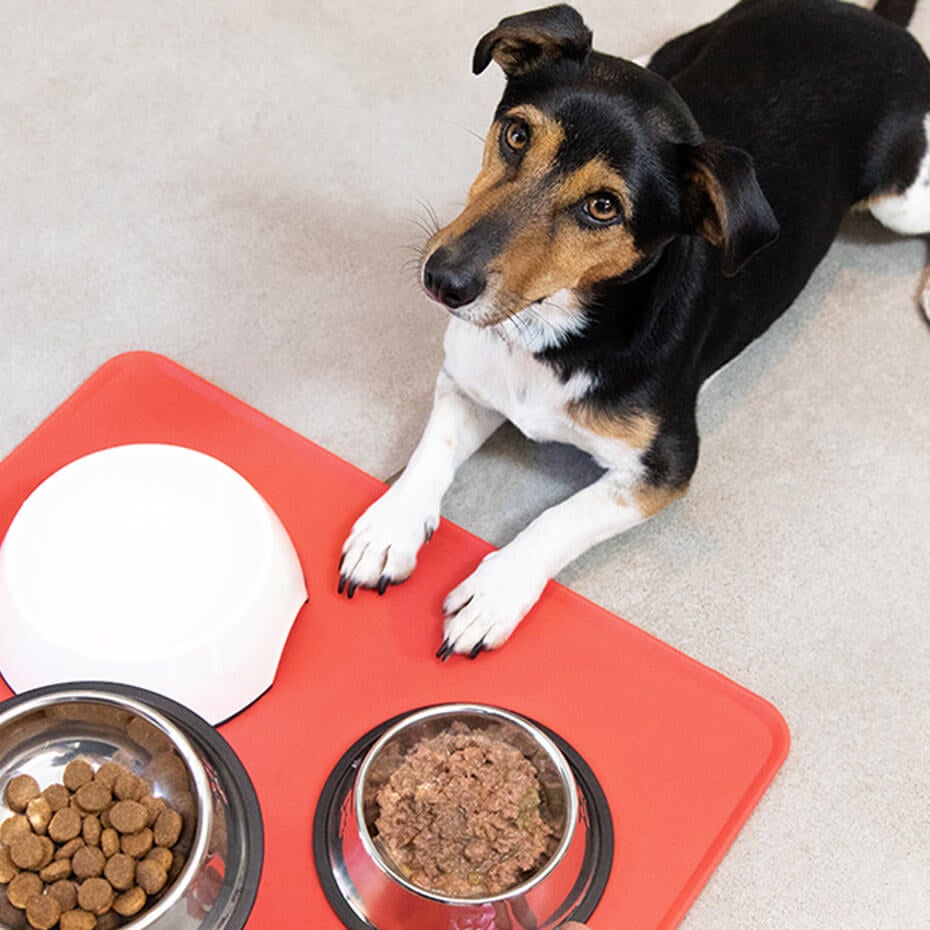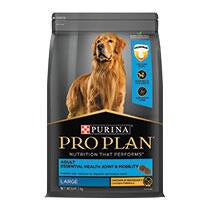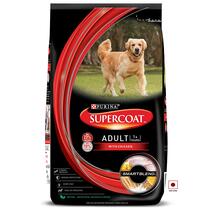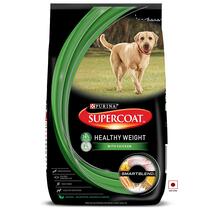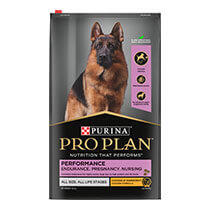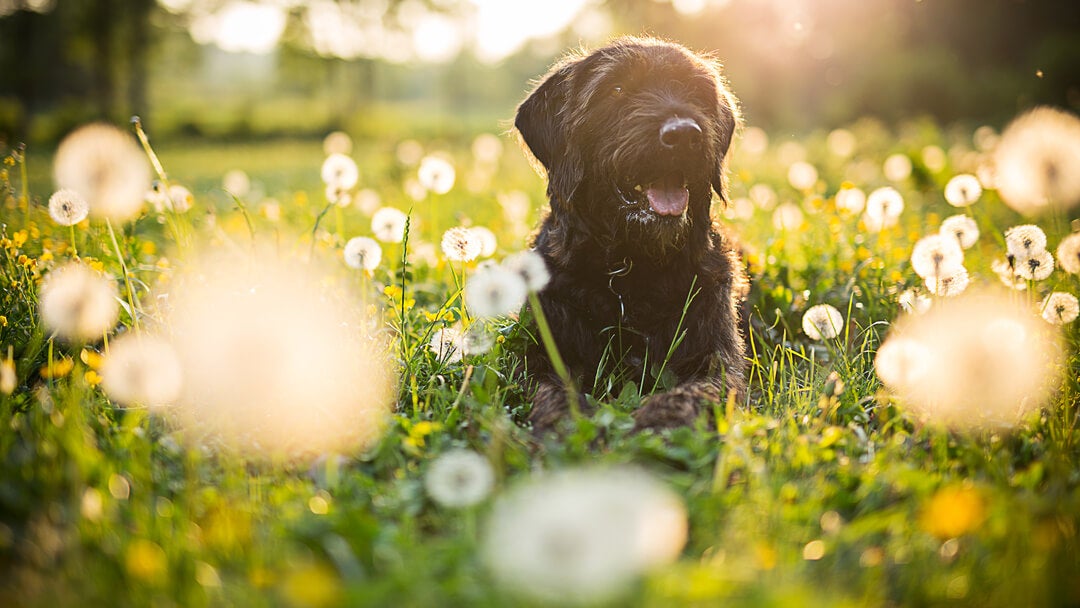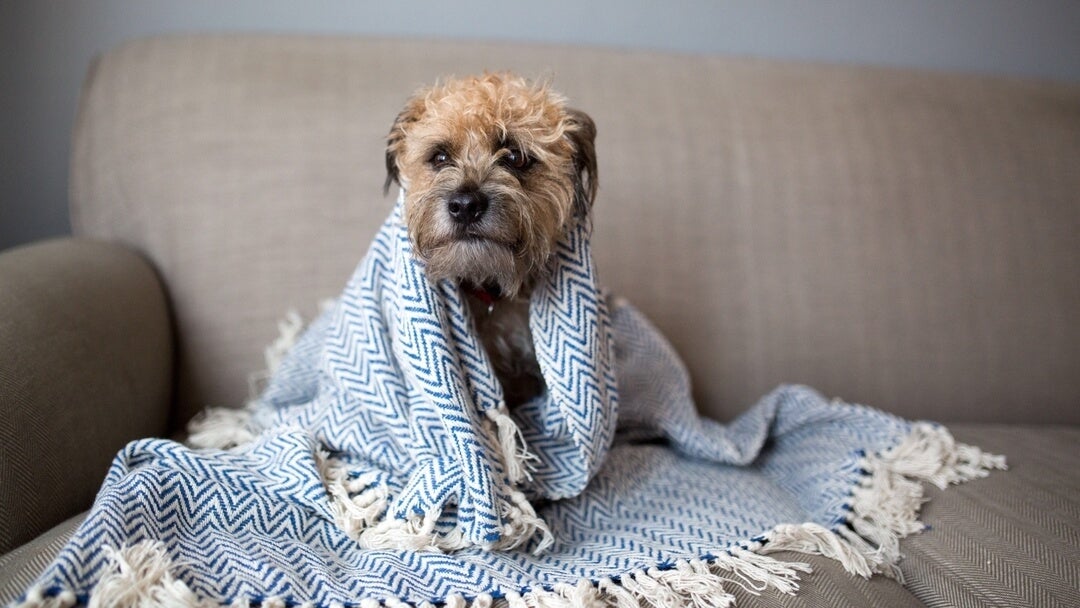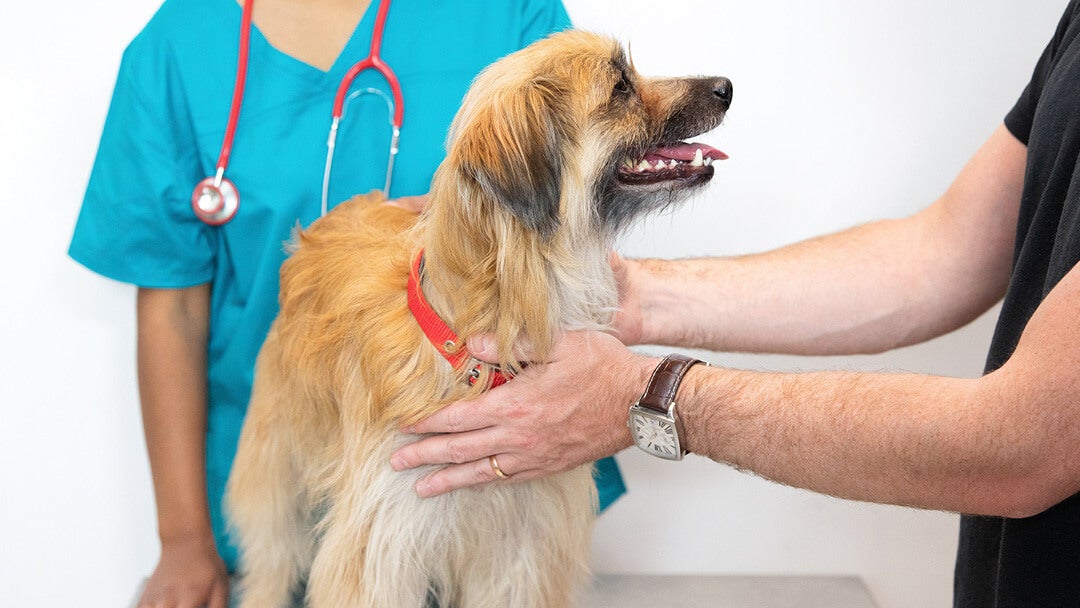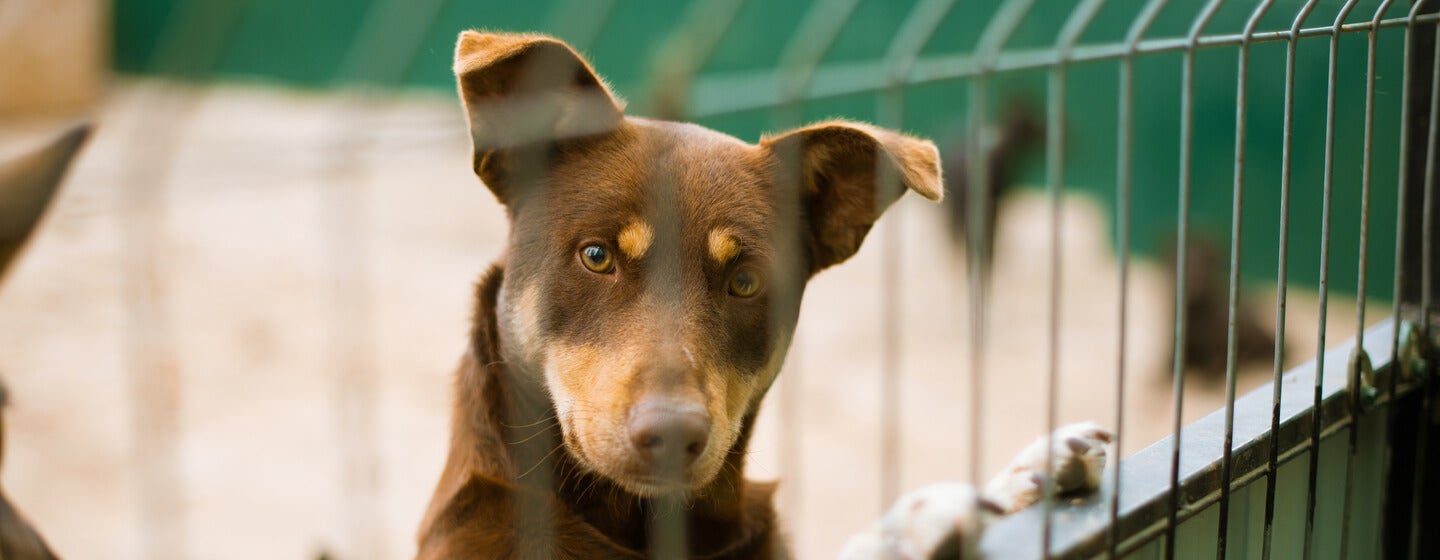
Many dogs suffer from kennel cough at least once in their lives. Read our guide to find out about possible symptoms and how to treat it.
Many dogs get kennel cough during their lives. It’s a common infection of the respiratory system with symptoms like coughing and hacking. It sounds bad but usually clears up without needing treatment. Read our guide to find out what causes kennel cough in dogs, how it’s spread and how to treat it.
What is kennel cough?
Kennel cough is the common name for canine infectious tracheobronchitis. It’s a respiratory infection in dogs caused by a wide range of bacteria and viruses. Kennel cough is highly contagious and the main symptom is a harsh, hacking cough.
Kennel cough creates an inflammation of the dog’s upper respiratory tract, including the trachea (wind pipe) and larynx (voice box).
What causes kennel cough in dogs?
The illness can be caused by a number of different bacteria and viruses, and sometimes a combination of both. Dogs become infected when they inhale these bacteria or virus particles into their respiratory tract.
The most common cause is a bacteria strain called Bordetella bronchiseptica, which is why some people call kennel cough Bordetella. But dogs are more likely to be infected by Bordetella when their immune system is weakened, usually by an infection from a virus. Some viruses known to make dogs more susceptible to kennel cough include canine adenovirus, canine distemper virus, canine herpes, parainfluenza virus and canine reovirus.
What are the symptoms of kennel cough?
If a dog has kennel cough, the main symptom is a consistent, forceful cough. Apart from coughing, your dog shouldn’t feel ill and should still have a good appetite.
However, some dogs do have other symptoms like sneezing, a runny nose or eye discharge.
What does kennel cough sound like?
The cough can sometimes sound like your dog has something stuck in their throat. It can be dry and hoarse or produce mucus, which the dog often tries to swallow. It doesn’t sound like a sneeze or reverse-sneeze.
How do dogs get kennel cough?
Many dogs get it from being in dog kennels and shelters, which is where the illness gets its name. They become infected by being around other dogs who have the cough.
There are some factors that exacerbate the likelihood that a dog will be infected by kennel cough:
- Being around other dogs who have kennel cough
- Being kept in crowded conditions
- Poor ventilation
- Cold temperatures
- Exposure to dust or cigarette smoke
- Travel-induced stress
How is kennel cough spread?
Kennel cough is highly contagious and can easily be spread from one dog to another. When dogs cough, the bacteria and viruses become airborne and can quickly spread to other animals. It can also be transmitted in dog toys, food bowls or other shared objects.
If you think your dog has the illness, keep him away from other animals to limit the spread.
What is the incubation period?
The incubation period is between 2 and 14 days, during which time the dog will be contagious. Some dogs can be carriers for months without exhibiting symptoms.
How long does kennel cough last?
Kennel cough usually clears up within three weeks. Sometimes it can take up to six weeks to clear up for older dogs or those with existing medial conditions.
However, in very rare cases the illness can progress to pneumonia so contact your vet if your dog’s condition doesn’t improve.
What is the treatment for kennel cough?
Kennel cough can usually go away on its own – most cases will clear up within three weeks and shouldn’t need any treatment at all. If your dog seems otherwise perky and is eating well, you should be able to use home remedies to make your dog more comfortable. This includes keeping them in a humid area and avoiding using a collar.
If you are worried about your dog, take him to see the vet. It’s best to phone the clinic beforehand and explain you think they have kennel cough so they can minimise the risk to other dogs.
The vet may be able to prescribe antibiotics for kennel cough to target the Bordetella bacteria. If needed, they may also prescribe a canine cough medicine or an anti-inflammatory to sooth your dog’s throat.
Is there a kennel cough vaccine?
Protection against some of the viruses that can cause kennel cough is included in puppy and booster vaccinations. These viruses include canine influenza, canine distemper, canine parainfluenza virus and canine adenovirus type two.
Your vet can also provide a vaccination against the main bacterial cause, Bordetella – this can be a nasal spray or an injection. Many boarding kennels require dogs to have the vaccination before their stay.
However, because kennel cough has a wide range of causes and strains, this vaccine cannot guarantee protection for your dog.
Can humans get kennel cough?
Kennel cough is a type of respiratory infection rather than a specific disease and so has a range of possible causes. Most of the canine viruses cannot be transmitted to humans.
However, the main bacteria Bordetella bronchiseptica can infect humans, though this is very rare and only a risk factor for people with weakened immune systems. There is also very little evidence that humans can contract the bacteria from animals. Cases are very rare and shouldn’t be a concern for most people.
Keep your dog feeling as healthy and happy as possible – read our guides to looking after your dog’s health.
With the outbreak of Coronavirus many owners wonder how to best take care of their dog during this uncertain time. We've answered the most frequently asked questions about Coronavirus and pets here.
